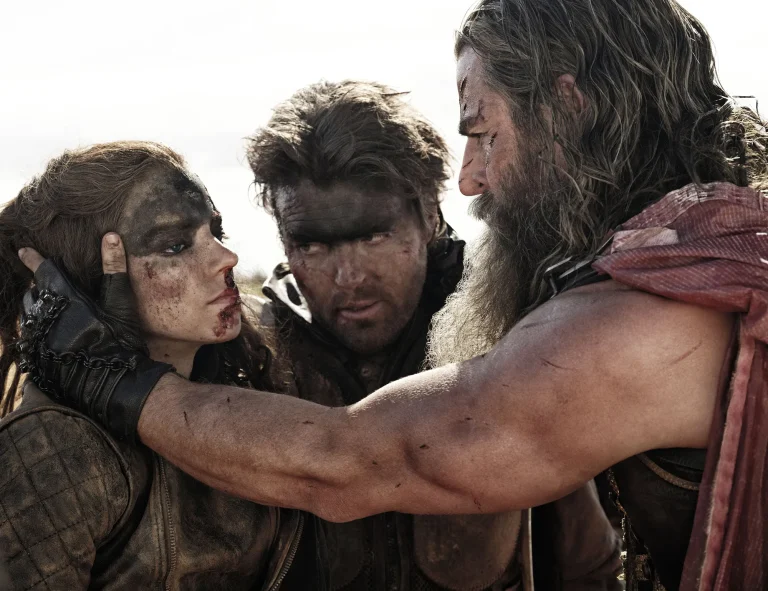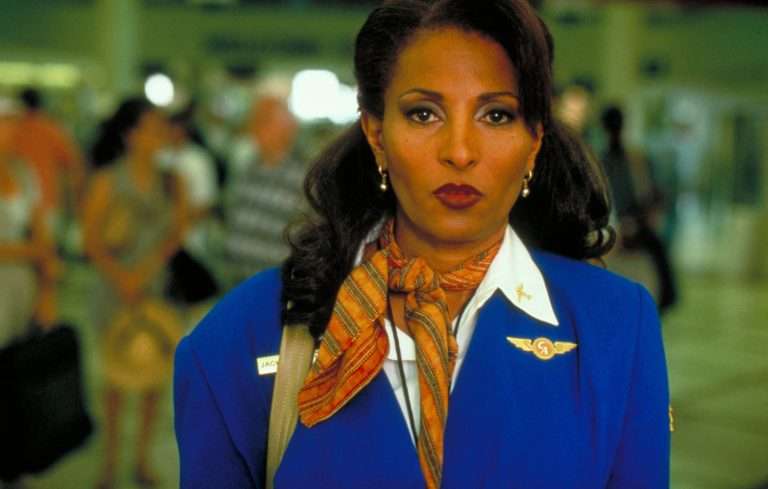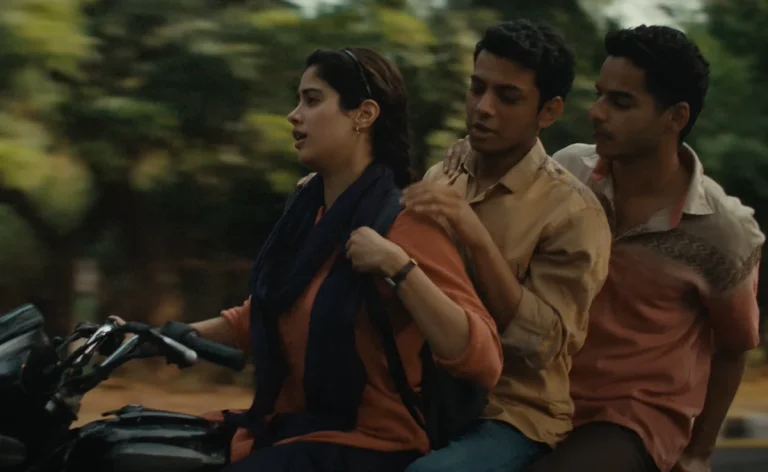The first time I watched “Goodfellas” (1990), I was not impressed. It wasn’t the first mafia movie I had seen, and it certainly wasn’t going to be the last. At the time, it came across as a convoluted montage of profane sequences following the life of a broken Henry Hill (Ray Liotta), surrounded by people more broken still. It was a fast-paced ‘bro fantasy’ that, despite having all the guns, gore, and glory one could expect from a gangster film, never fully delivered on its promise. It took a second, and admittedly a more open-minded watch, to realize that “Goodfellas” is much more than a gangster film. Instead, it is a deconstruction of the masculine fantasy, a study of the fragility of a glorified life, a cinematic achievement, and perhaps most importantly, a story about the human need to survive.
Hollywood has always had an inexplicable obsession with the gangster. After all, there is but an undeniable appeal to societal exception: the power, the class, the self-centered grandiosity. It appeals to the teenager who doesn’t want to grow up and the 9-to-5 employee who regrets that he did. Scorsese’s film is not as impressed by the gangster himself as it is with the gangster’s way of life. Based on the book Wiseguy by Nicholas Pileggi, it is a raw and beautiful exploration of a subculture, of the mafia as a collective entity and what being part of one means through the eyes and ears of Henry Hill, whose earliest, if not only, ambition was to be a wiseguy.
Although Scorsese refrains from a typical three-act structure, most of the first half is the set-up. It is a head-on, action-packed glimpse into the best, most appealing parts of the mafia life: the life above the law, the money, the respect, and the acquired freedoms. There is no understanding of good and bad, except perhaps the knowledge that loyalty to the mafia is the only sense of ‘goodness’ worth remembering. Everything else is supposedly excusable.
If Henry’s narration gives the audience a glimpse of the relationship between the mafia and society, his wife Karen, who narrates certain sections of the film, provides insight into the relationships within the mafia itself: the fraternity, the camaraderie, the intertwined lives of a collective lifestyle, living off of wealth that could surpass all needs. It is the life, and Scorsese sure does a fantastic job of making it all the more alluring; that is, of course, only to later break down the facade with clinical elegance.
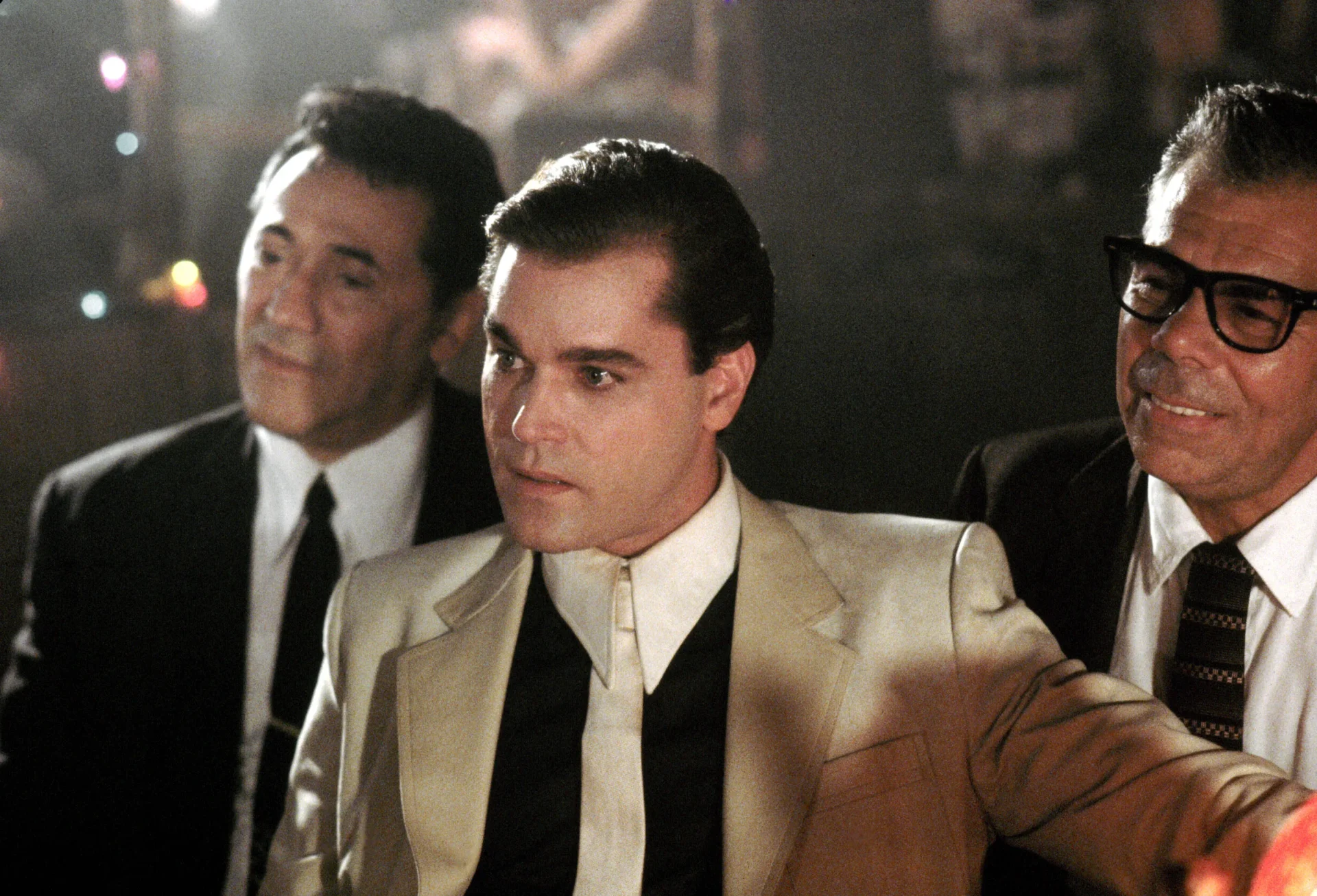
“Goodfellas” builds the perfect masculine fantasy, but viewing it only as a fantasy is a gross injustice to the film. The more popular portion of Scorsese’s filmography features characters that have a certain degree of recognizable profanity, be it Wolf of Wall Street’s Jordan Belfort or Taxi Driver’s Travis Bickel or, of course, the wiseguys in “Goodfellas.” However, the lesser-known portion of his filmography comprises films with strong religious messaging, such as the Christian classic “The Last Temptation of Christ” or the appropriately titled “Silence,” bringing to light the essential duality that exists at the heart of Scorsese’s work.
“Goodfellas” does not have any particular religious messaging except perhaps the obvious lack of morality and the subtle, yet occasional, subduing of Christian symbolism. The film’s intent is not only to show the power of human need over Christian morality but also over the foundations of this seemingly perfect mafia system, which, instead of ten commandments, has only two simple commandments: do not rat out your friends and keep your mouth shut.
The stage has been set, and the audience is hooked, if not already drooling over the possibility of living such a life. The rest of the run time is a carefully implemented, calculated deconstruction of the world Scorsese has built by showing its gradual surrender to the destructive force that is human need. The ice begins to crack. The violence gets uglier, teenage ambition is replaced by uncertainty, the laughs by nervous twitching, and even the accompanying music changes to complement the mafia’s fall. In my opinion, “Goodfellas” is one of those rare films that uses popular music not just to accompany a scene but also to influence the way an audience perceives a scene or character.
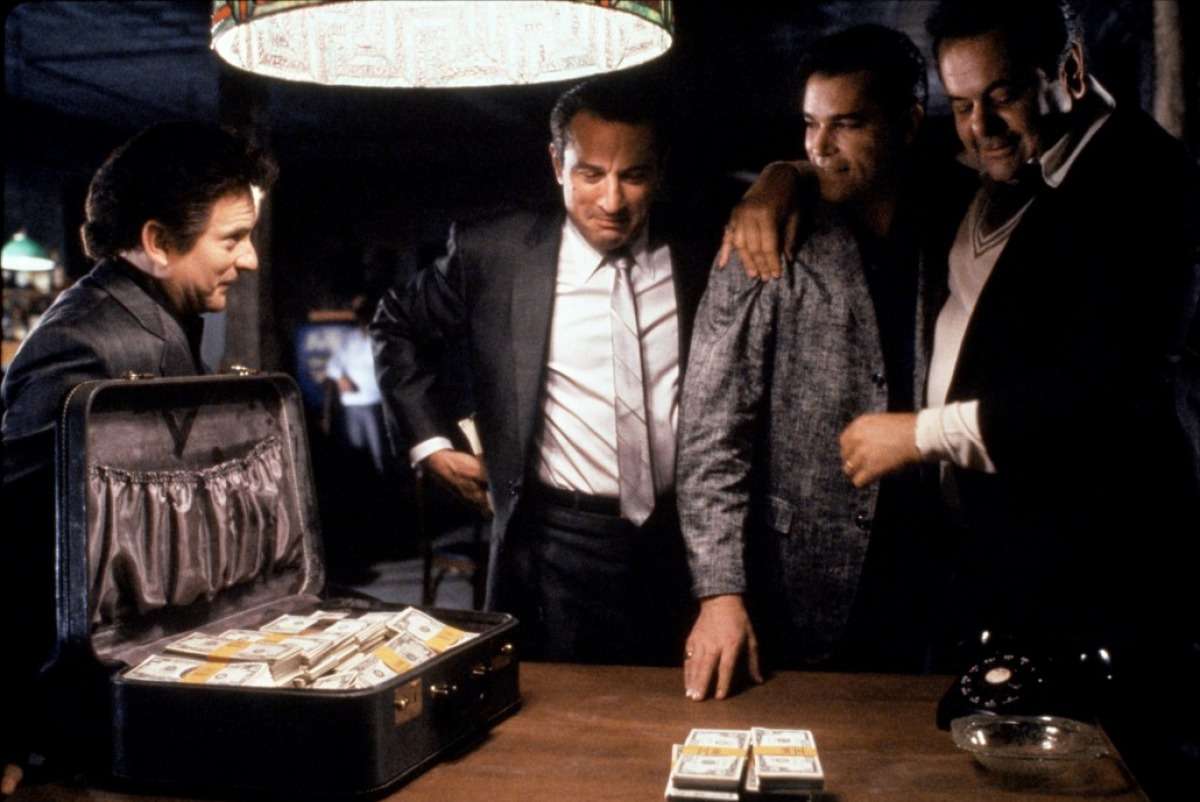
The film begins with Tony Bennet’s euphoric confidence in Rags to Riches as we are introduced to this almost perfect mafia fantasy. A sequence of confident, groovy soul music follows, climaxing in the aptly titled Harptones’ single Life is but a Dream. Then, the fall begins. The confident, euphoric soul is replaced by nervous, progressively more jarring rock and roll, reflecting both the thrill of defiance, the overtaking of human need, and a system’s descent into disorder. Sid Vicious’ disturbing yet heartfelt single My Way seems to be the perfect end to “Goodfellas.” Like the film, the song is an unapologetic ode to the need to survive.
Why does the mafia fall if their lives are so perfect and their ethos and sense of morality so simple? Human need, or more aptly, greed. Henry and his associates, who are pathetic and awe-inspiring in equal measure, enter the drug business behind the mafia’s back, running the risk of compromising everything that the mafia was built on.
Years later, when Henry is caught, he can either do the supposedly ‘moral’ thing or keep his silence, protecting the mafia that has given him everything. However, Henry is human, and the most dominant virtue of a human is selfishness. Henry rats out on his friends, and he survives. This is not a story about guilt because Henry does not regret his actions. The film ends with Henry living an everyday, mundane life. He is no longer the commanding, revered entity he once was, but that is okay because it makes him all the more human.
It would be pretty anticlimactic to end a serious film piece with a YouTube comment, but one such comment put it very well. It said that if “The Godfather” was the way the mafia wanted to be seen, then “Goodfellas” was the way that they actually were. All the fantasy, the glory, the mafia life was, at the end of it all, nothing but a fantasy built on fragile foundations. It is an elaborate, entertaining watch, a mesmerizing set-up followed by a calculated destruction. It is a story of survival, worth every second.


